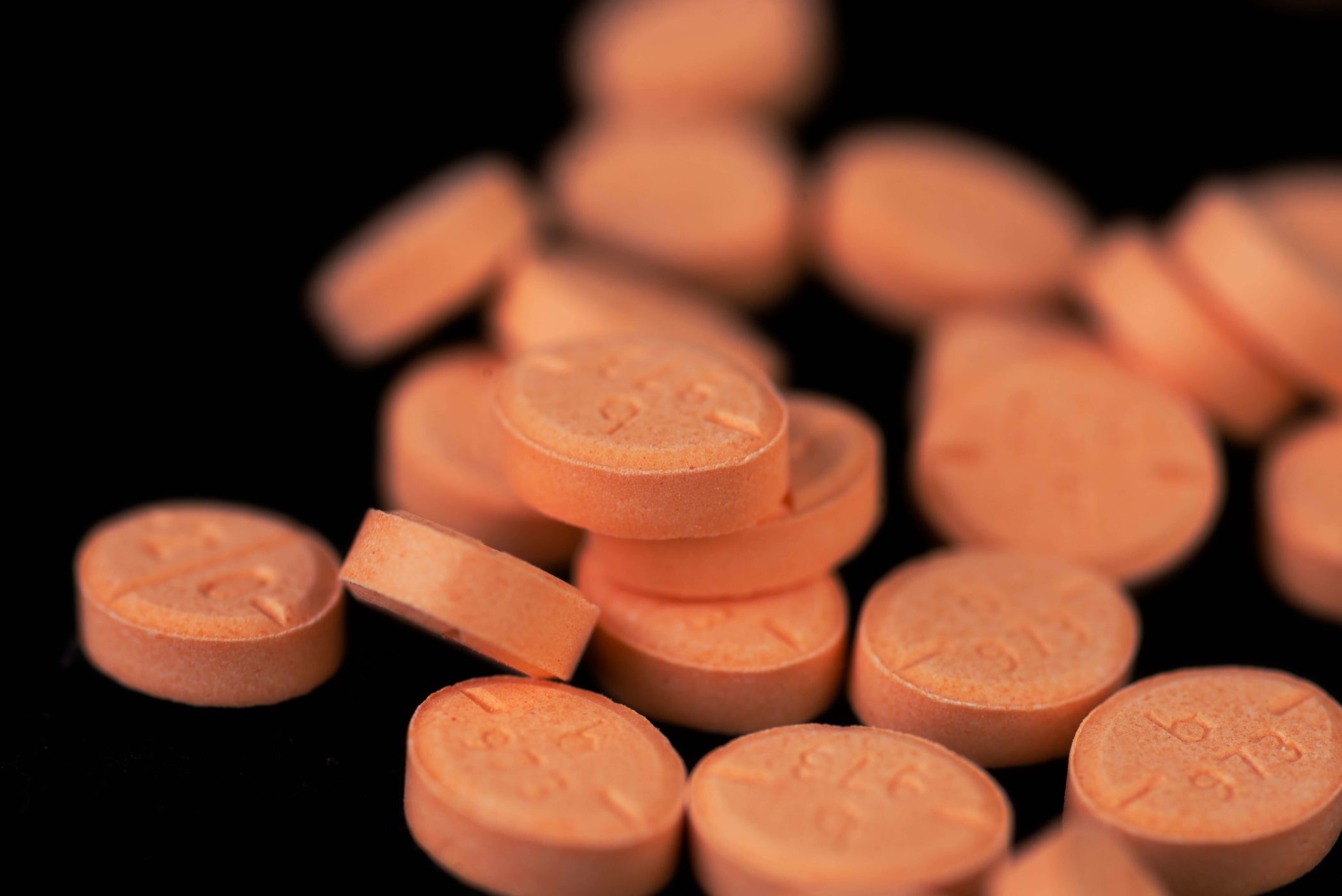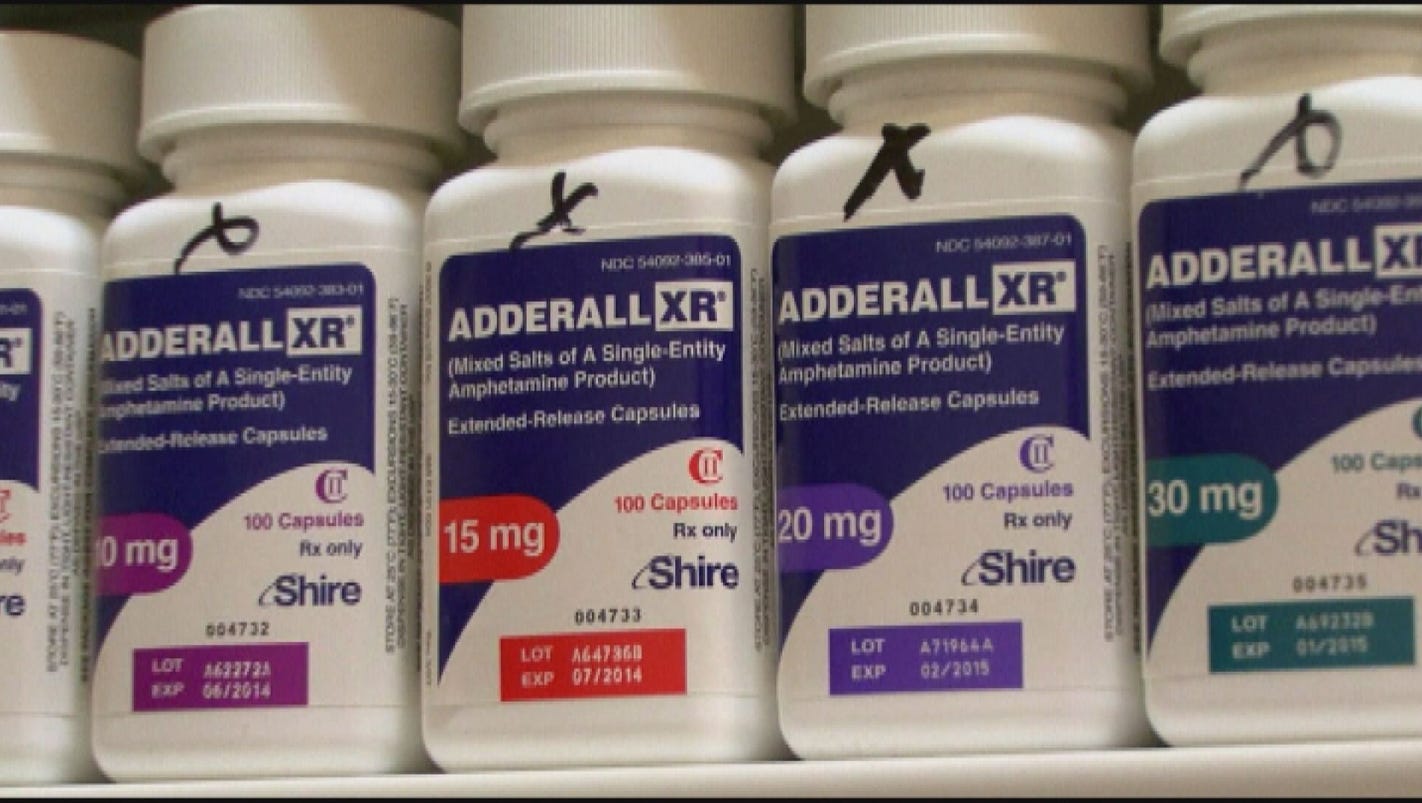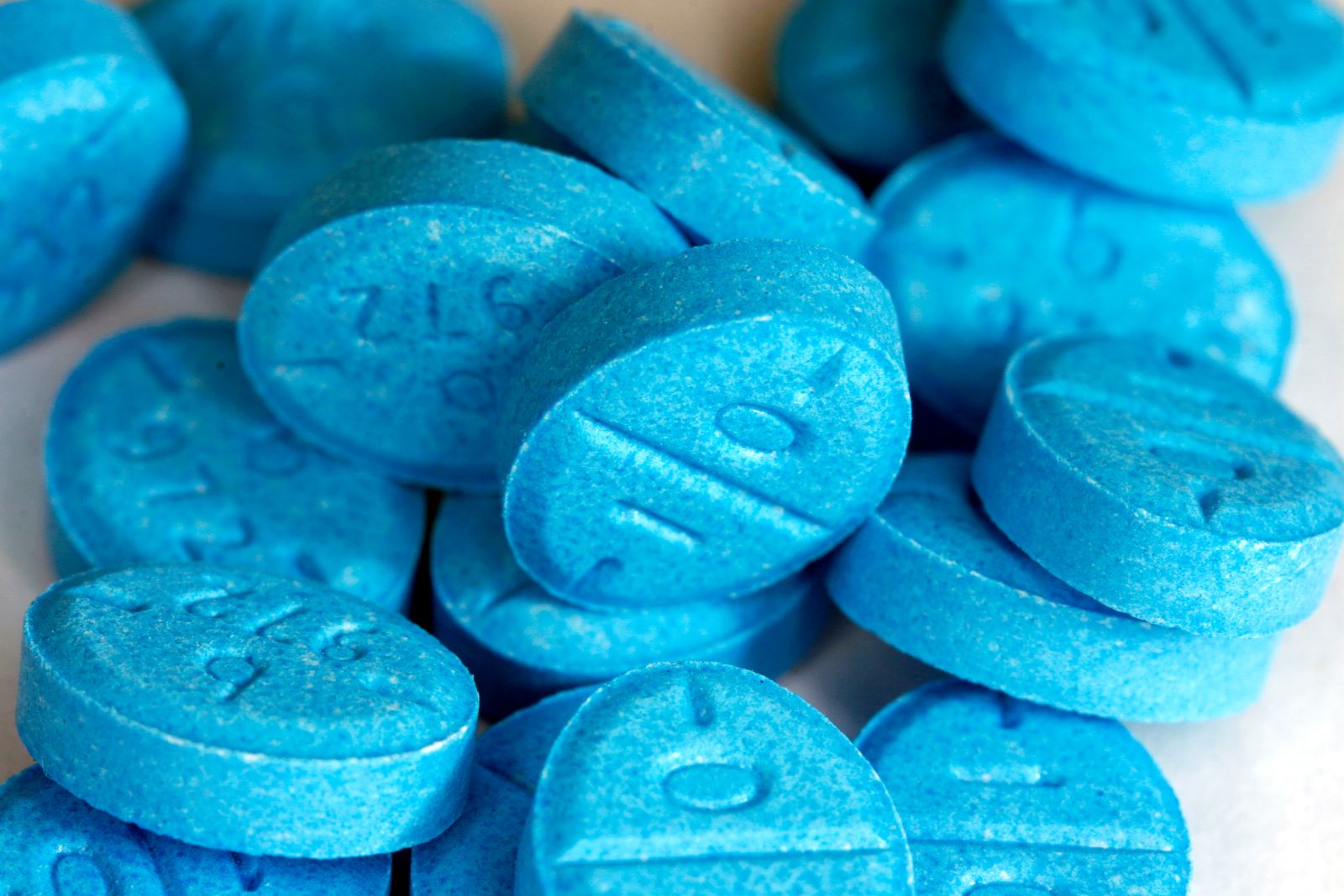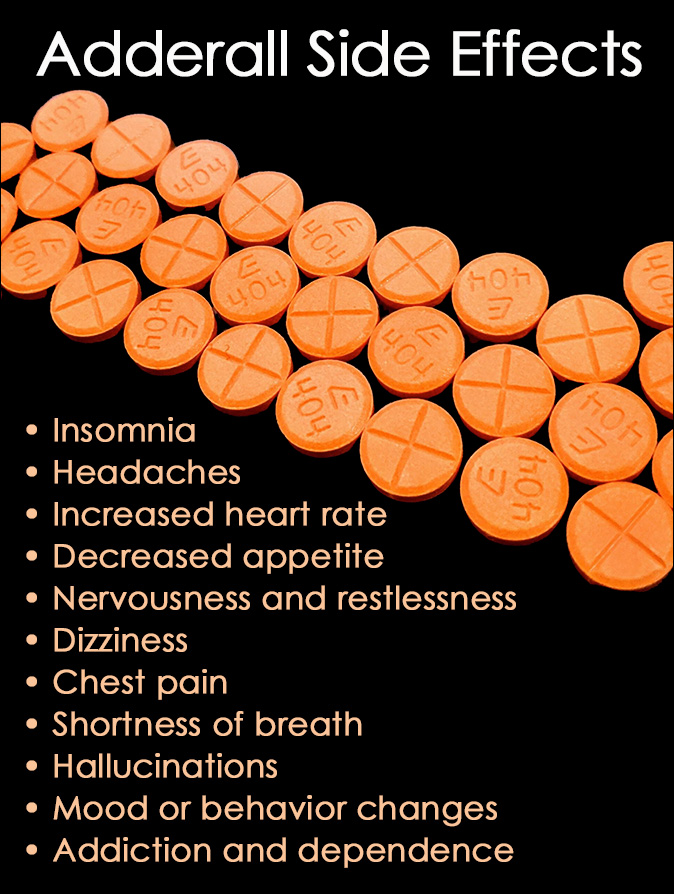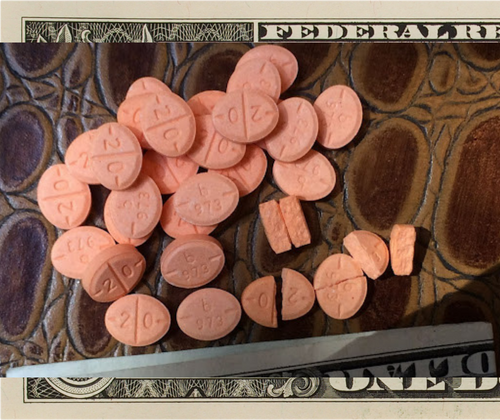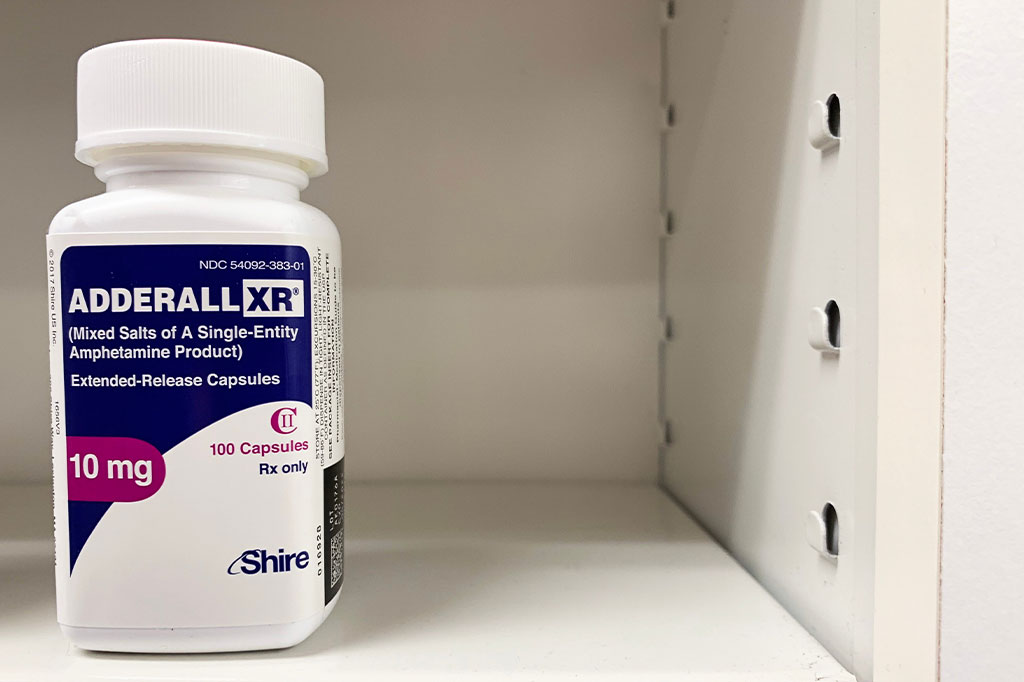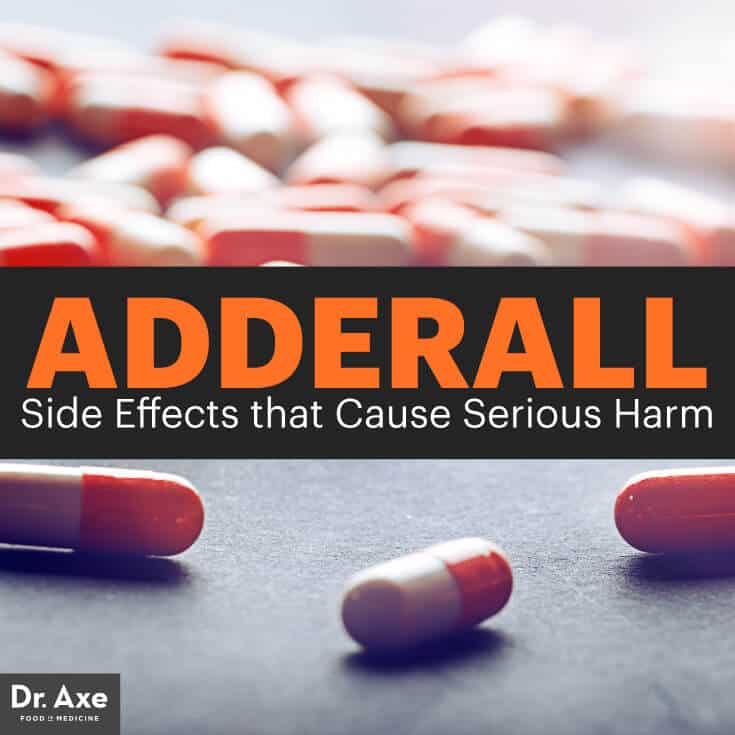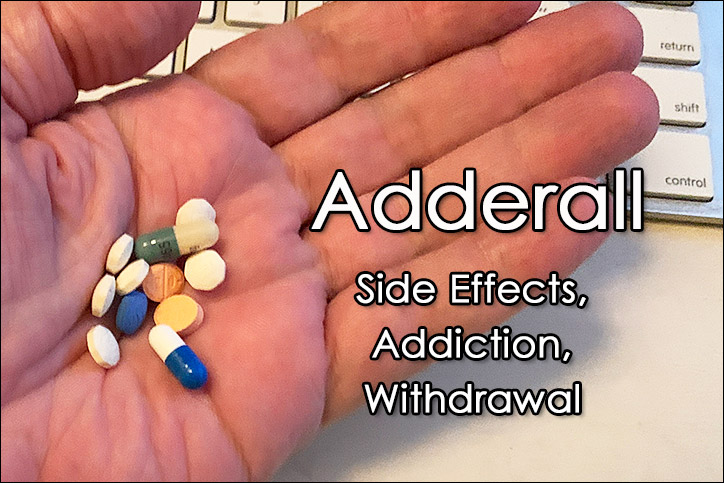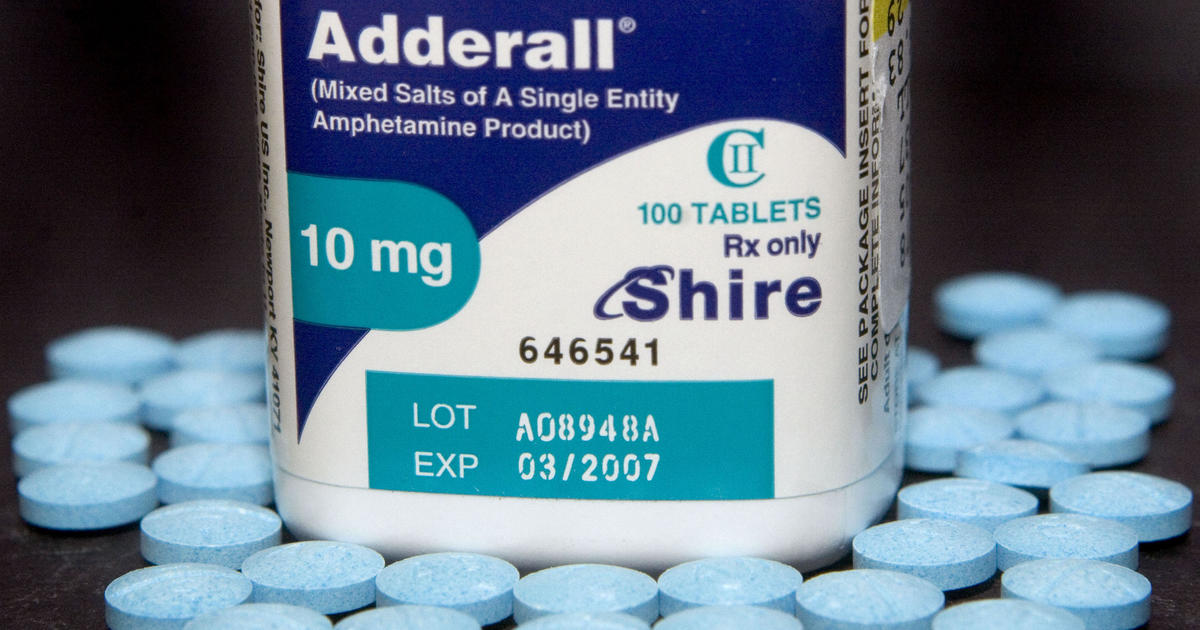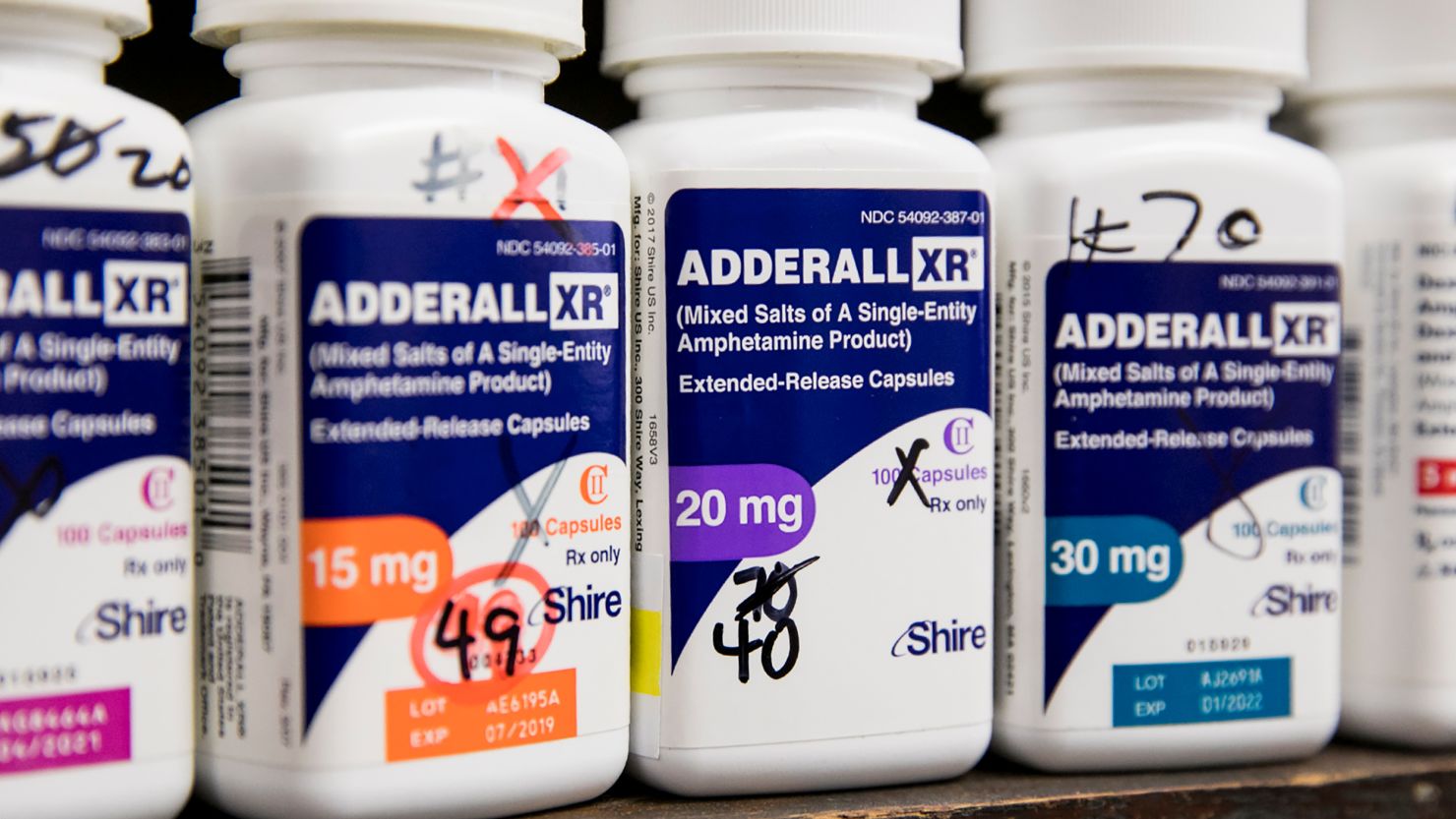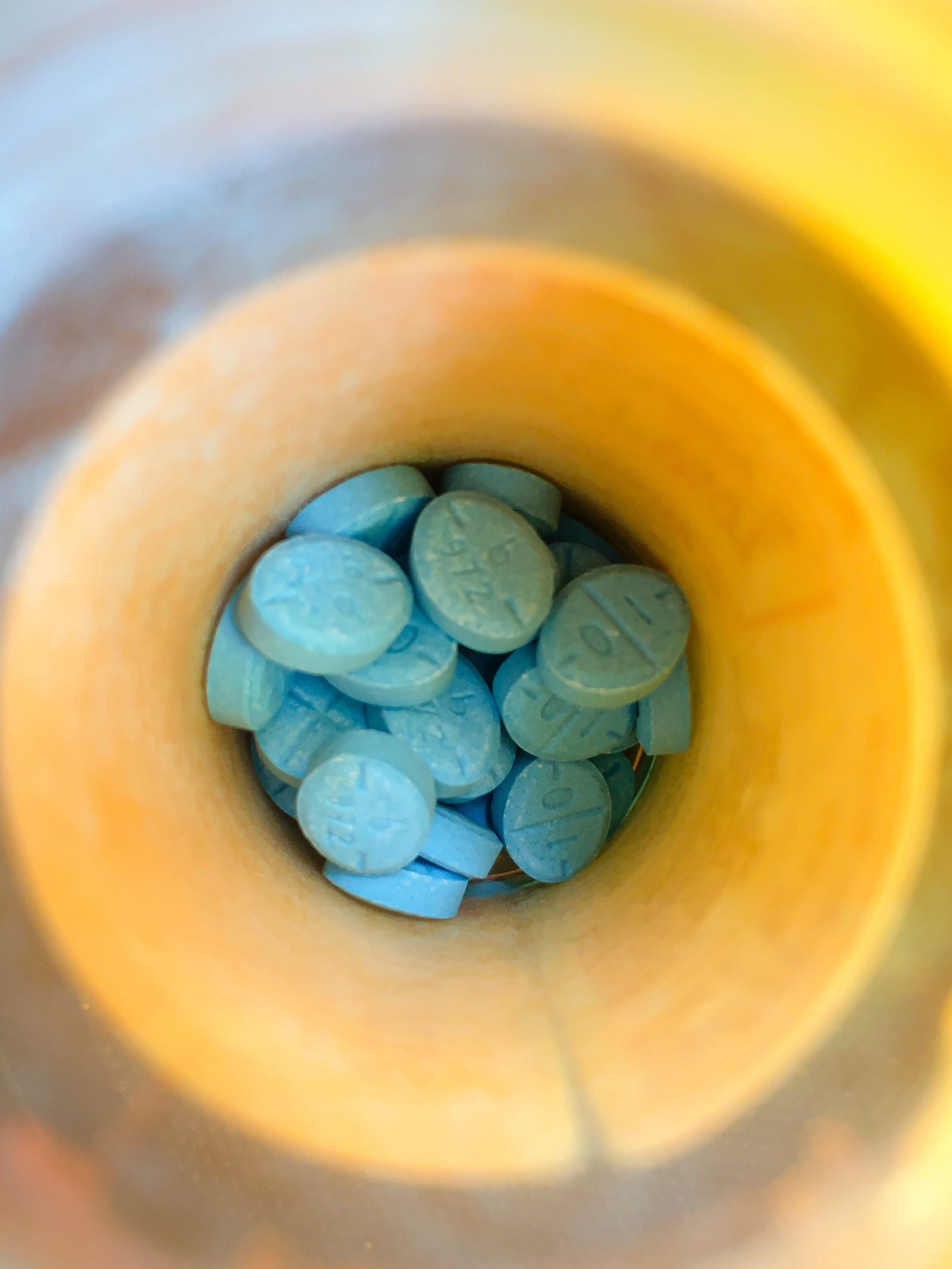Drugs Similar To Adderall Non Prescription

The relentless pursuit of cognitive enhancement has fueled a growing market for substances claiming to mimic the effects of prescription stimulants like Adderall. Desperate for an edge in academics, professional careers, or simply to combat daily fatigue, individuals are increasingly turning to over-the-counter alternatives, often with limited understanding of their potential risks and benefits.
This trend raises serious concerns about public health and safety. The lack of regulatory oversight surrounding these "Adderall alternatives" leaves consumers vulnerable to deceptive marketing practices and potentially harmful ingredients.
This article delves into the world of non-prescription substances marketed as cognitive enhancers, examining their purported mechanisms of action, scrutinizing the available scientific evidence, and exploring the ethical and legal considerations surrounding their use. We will also investigate the potential dangers associated with self-medicating with these unregulated compounds.
What Are "Adderall Alternatives"?
The term "Adderall alternative" encompasses a wide range of products, from herbal supplements and amino acids to synthetic compounds and energy drinks. These substances are often marketed as natural or safe alternatives to prescription stimulants.
They claim to enhance focus, concentration, memory, and energy levels without the need for a prescription. Common ingredients found in these products include caffeine, L-theanine, various B vitamins, and herbal extracts such as Ginkgo biloba and Bacopa monnieri.
The Role of Caffeine and L-Theanine
Caffeine is a well-known stimulant that increases alertness and reduces fatigue by blocking adenosine receptors in the brain. L-theanine, an amino acid found in green tea, is often paired with caffeine to mitigate its jittery side effects and promote a state of calm focus.
This combination is a frequent component of many over-the-counter cognitive enhancement products. While generally considered safe in moderate doses, excessive caffeine intake can lead to anxiety, insomnia, and heart palpitations.
Herbal Extracts and Other Ingredients
Ginkgo biloba is an herbal extract touted for its potential to improve blood flow to the brain and enhance cognitive function. However, scientific evidence supporting these claims is mixed, with some studies showing modest benefits and others finding no significant effects.
Bacopa monnieri is another herbal extract used in traditional Ayurvedic medicine, believed to improve memory and cognitive performance. Some research suggests that Bacopa monnieri may have cognitive-enhancing properties, but more rigorous studies are needed to confirm these findings.
The Science (or Lack Thereof) Behind the Claims
Many of the claims made by manufacturers of Adderall alternatives lack robust scientific support. While some ingredients may have shown promise in preliminary studies, the evidence is often insufficient to draw definitive conclusions about their effectiveness.
Furthermore, the dosages and formulations used in commercial products may not match those used in research studies, making it difficult to extrapolate the results. The lack of regulation also means that the actual ingredients and their quantities may not be accurately reflected on the product label.
Regulatory Gaps and Safety Concerns
Dietary supplements, including many Adderall alternatives, are regulated by the FDA as food products rather than drugs. This means they are not subject to the same rigorous pre-market testing and approval process as prescription medications.
Manufacturers are not required to prove the safety and efficacy of their products before they are sold to consumers. The FDA can only take action against a supplement if it is proven to be unsafe or misbranded after it is already on the market.
This lack of oversight raises concerns about the potential for contamination, adulteration, and inaccurate labeling. Some Adderall alternatives may contain undisclosed ingredients or be contaminated with heavy metals or other harmful substances.
The Risks of Self-Medication
Self-medicating with Adderall alternatives can be particularly risky for individuals with pre-existing medical conditions or those taking other medications. These substances may interact with prescription drugs or exacerbate underlying health problems.
For example, stimulants like caffeine can worsen anxiety disorders, increase blood pressure, and disrupt sleep patterns. Individuals with heart conditions should be especially cautious about using products containing stimulants.
The Potential for Abuse and Dependence
While Adderall alternatives are not considered to be as addictive as prescription stimulants, they can still lead to dependence and withdrawal symptoms. Regular use of caffeine, for example, can result in tolerance, requiring higher doses to achieve the same effects.
Suddenly stopping caffeine consumption can cause headaches, fatigue, and irritability. Some individuals may also experience psychological dependence on Adderall alternatives, relying on them to function effectively.
Ethical and Legal Considerations
The use of cognitive enhancers raises ethical questions about fairness and equality. If some individuals have access to substances that enhance their cognitive abilities, it could create an unfair advantage over those who do not.
This is particularly relevant in academic and professional settings, where cognitive performance is highly valued. The legal status of Adderall alternatives is complex and varies depending on the specific ingredients and their intended use.
Some ingredients are legal and readily available over the counter, while others may be restricted or banned in certain jurisdictions. Consumers should be aware of the legal regulations in their area before purchasing and using these products.
Seeking Professional Help
Individuals struggling with attention deficits, fatigue, or other cognitive challenges should seek professional help from a qualified healthcare provider. A doctor can properly diagnose the underlying cause of these symptoms and recommend appropriate treatment options.
Prescription medications, therapy, and lifestyle changes are all potential strategies for addressing cognitive difficulties. Self-treating with Adderall alternatives may delay or prevent individuals from receiving the care they need.
The Future of Cognitive Enhancement
The field of cognitive enhancement is rapidly evolving, with ongoing research into new and potentially more effective substances. As our understanding of the brain and its functions grows, we may see the development of safer and more targeted cognitive enhancers.
However, it is crucial to proceed with caution and ensure that these substances are thoroughly tested and regulated before they are widely available. The focus should be on promoting cognitive health through evidence-based interventions and responsible use of technology.
Ultimately, a balanced approach that prioritizes well-being, ethical considerations, and scientific rigor is essential for navigating the complex landscape of cognitive enhancement. The allure of a quick fix should not overshadow the importance of long-term health and responsible decision-making.
